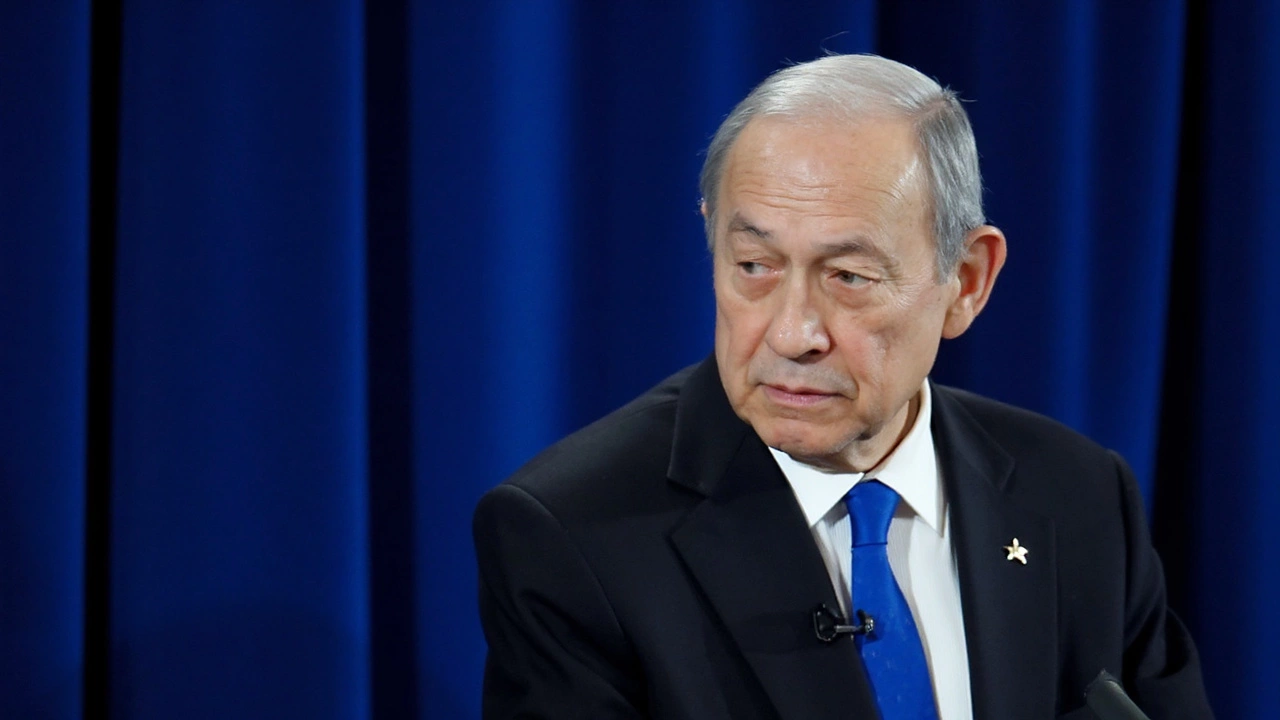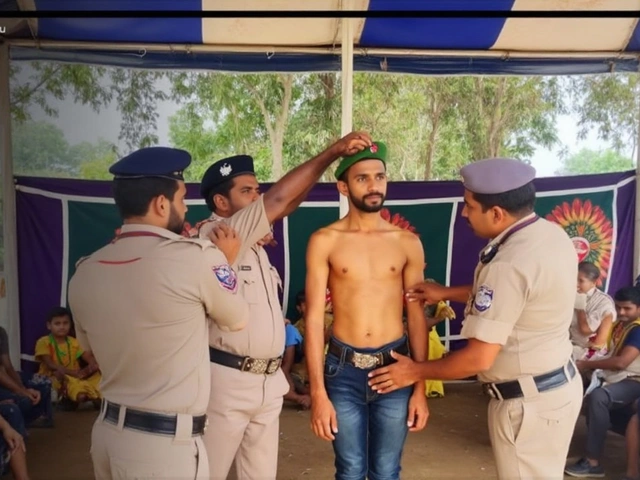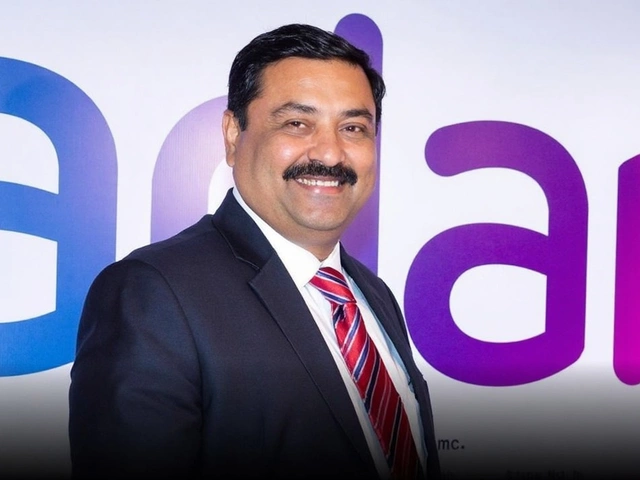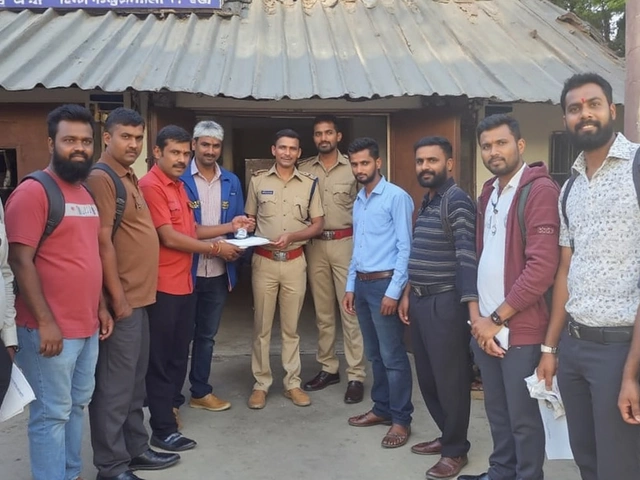In a monumental and unprecedented move, the International Criminal Court (ICC) issued arrest warrants for Israeli Prime Minister Benjamin Netanyahu and former Defense Minister Yoav Gallant on charges of serious offenses, including war crimes against civilians in Gaza. This marks a historic moment as it's the first time the court has targeted leaders of a nation aligned with Western policies.
Joining Netanyahu and Gallant in these grave accusations is Hamas military chief Mohammed Diab Ibrahim al-Masri, famously known as Mohammed Deif. However, the plot thickens with Israel's claim that Deif was killed in an airstrike back in July 2024, adding another layer of complexity to an already intricate legal drama.
ICC's Authority and Jurisdiction
Despite attempts by Israel to challenge the jurisdiction of the ICC, the court's Pre-Trial Chamber I stood firm, reaffirming its rights over issues arising in the occupied Palestinian territories. This has significant implications, reinforcing the ICC's capacity to handle such complex international matters. Their decision to publicize the warrants, classified as 'secret', was driven by ongoing turmoil in Gaza and the need to inform the victims' families.
The allegations against Netanyahu and Gallant are severe. The charges include using starvation as a weapon of war, unlawful killings, persecution, and other inhumane actions against civilians in Gaza. The evidence suggests an intentional restriction of essential supplies such as food, water, and medical aid, coupled with interference in humanitarian efforts, a strategy that has left the Gaza strip in dire straits.
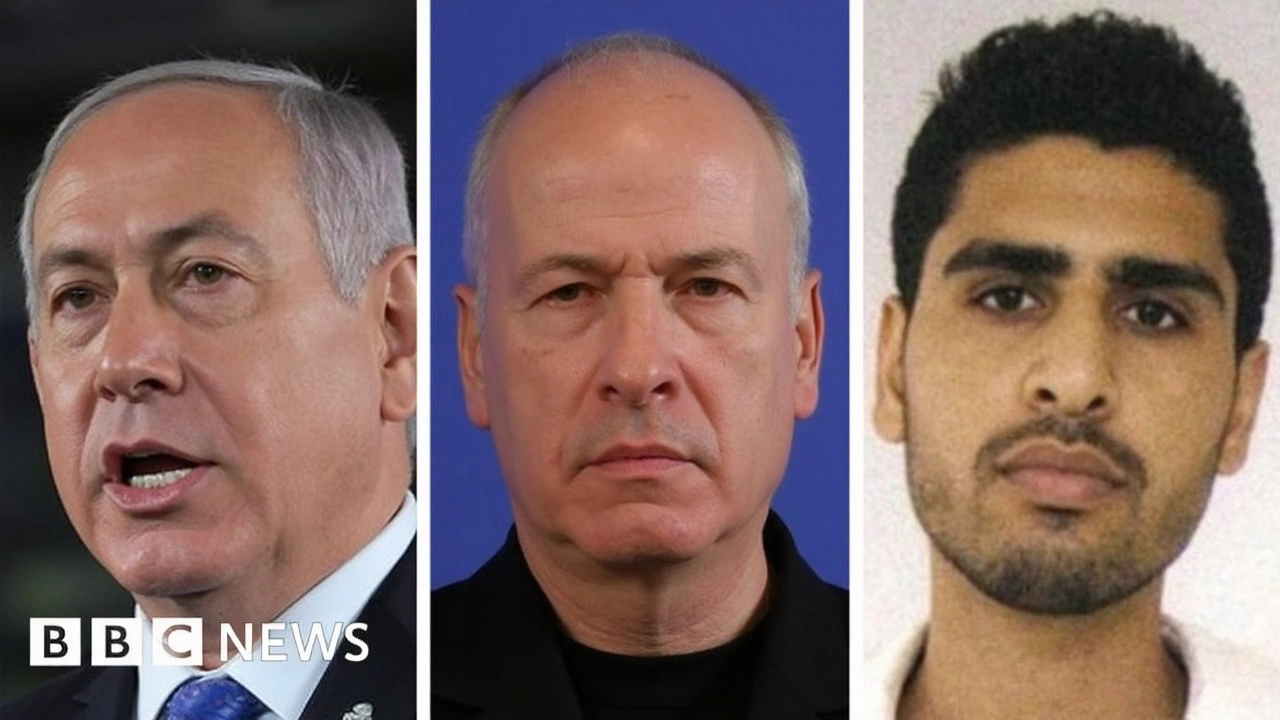
The Case of Mohammed Deif
While Netanyahu and Gallant face these charges, Mohammed Deif is accused of equally dire offenses, including crimes against humanity and war crimes, counting torture and sexual violence against Israeli captives among them. His presence on the list of warrants further complicates the already volatile situation within the region.
This dramatic issuance of warrants came after months of deliberation, with Prosecutor Karim Khan initially requesting the move back in May 2024. The nature of the crimes and the alleged systematic approach to violations of human rights catalyzed the ICC's actions despite delays. Legal experts have praised the court's decision as a tremendous step forward in enforcing international justice, further demonstrated by remarks from Triestino Mariniello, an attorney for victims who emphasized that the ruling exemplifies a commitment to accountability.
Beyond the courtroom, the ICC's decision also showcases its steadfast independence amidst political pressures, particularly from influential nations like the United States, which have expressed concern over the implications of such judicial actions. Yet, the ICC advocates for its unbiased and ongoing review of the alleged crimes continuing to unfold in Gaza, underscoring the severity and extent of these issues.
